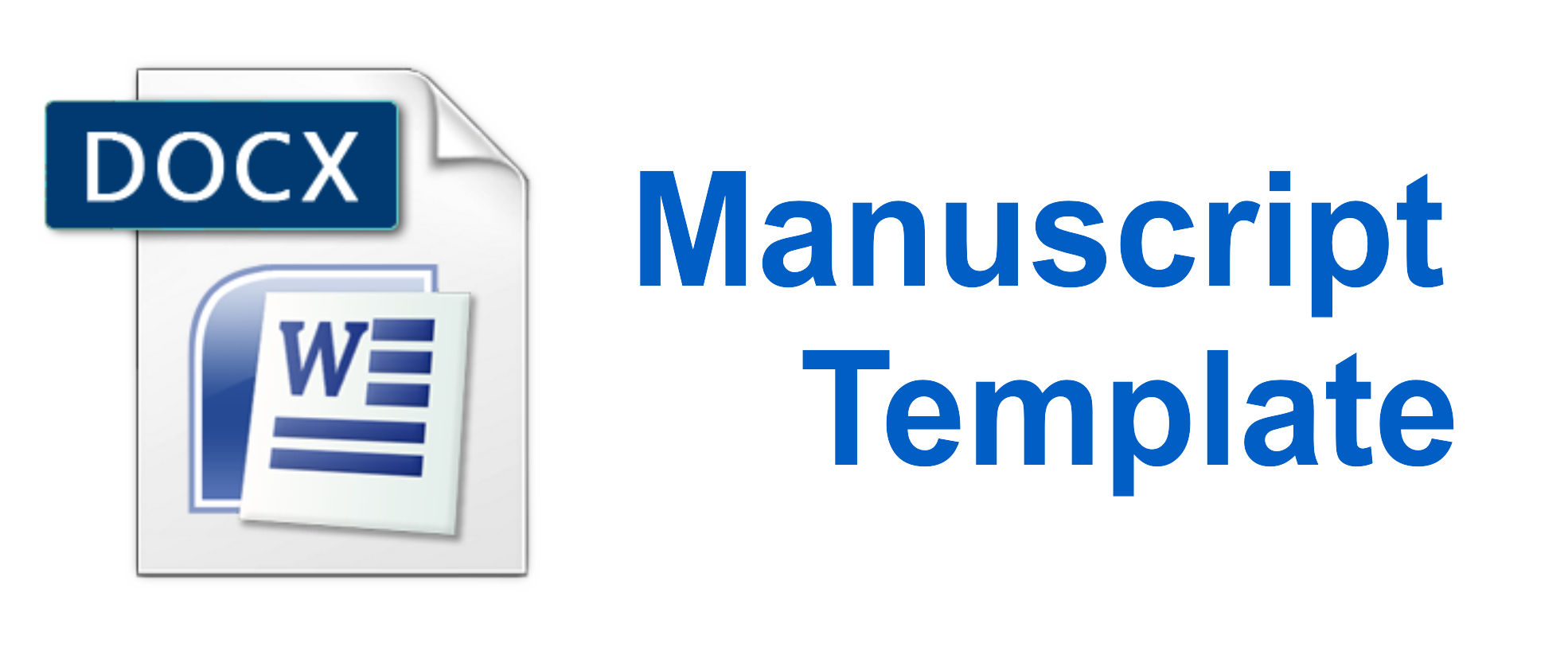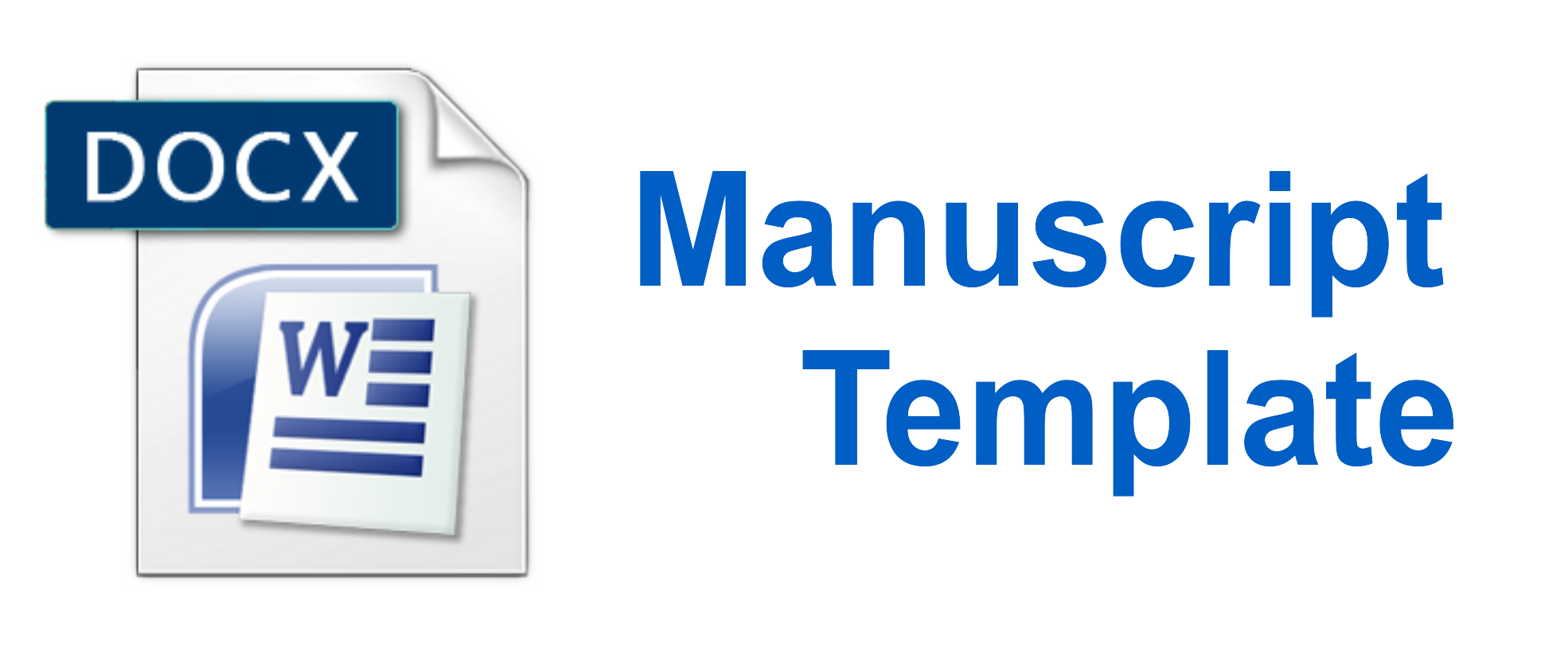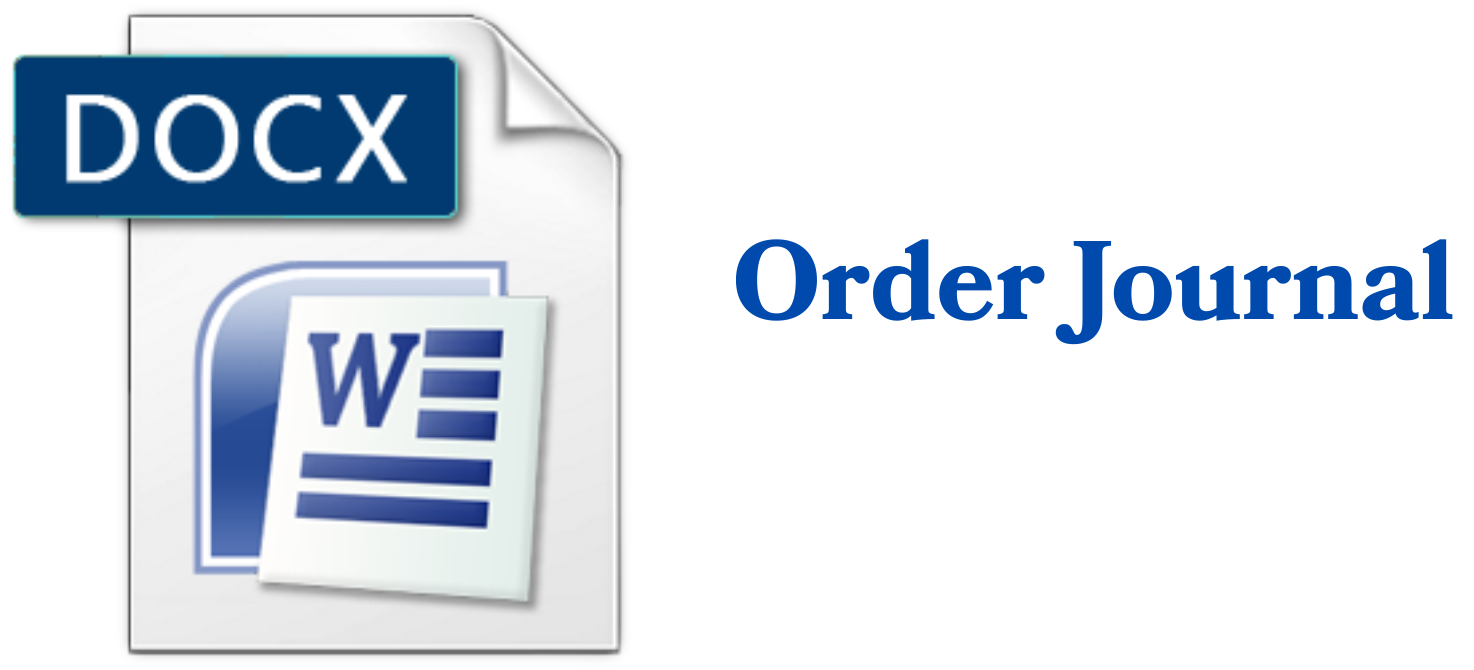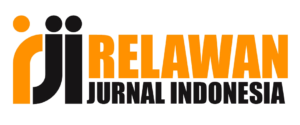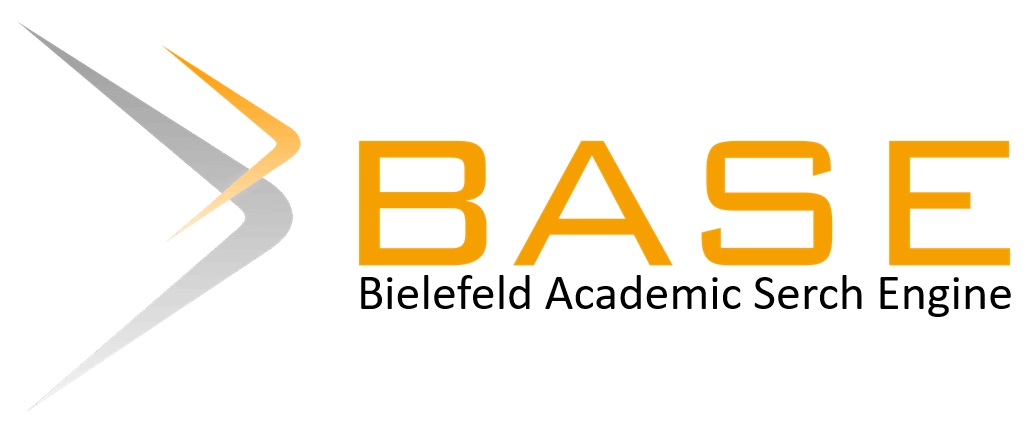STRATEGI PEER LESSON DALAM MATA PEMBELAJARAN ALQURAN-HADITS
DOI:
https://doi.org/10.35316/edupedia.v4i2.671Keywords:
Implementation, Peer Lesson Learning StrategiesAbstract
The purpose of this research are identified and analyzed the forms of learning activities that are implemented in MTs Negeri 8 Banyuwangi by the Peer Lesson learning strategy, the obstacles experienced and the solution of it. The type of research used qualitative research methods with purposive sampling technique have done in MTs Negeri 8 Banyuwangi. The Researchers use source and methode triangulations as data validity. Data analysis techniques using structured interviews, active participatory observation and documentation. The results that the Peer Lesson learning strategy is learning that focuses students as another student tutors with the step begin of preparation, implementation, and evaluation. However, some obstacles in this implementation include the lack of readiness of students to participate in learning, lack of self-confidence in students, more prominent students who are active than those who are less active, learning practices related to the duration of learning are a little less appropriate because of it longer duration compared to initial planning. And it has been found several solutions to these obstacles include suggestions for students to always read the material to be discussed, the motivation of the teacher before learning, giving students the task of making a question and summarizing the material being discussed individually, maximizing the skills and expertise possessed by the teacher.
Downloads
Published
How to Cite
Issue
Section
License
Edupedia: Jurnal Studi Pendidikan dan Pedagogi Islam adopts the Creative Commons Attribution–ShareAlike 4.0 International License, which allows users to reproduce, modify, and distribute published articles in any medium for lawful purposes, provided that appropriate attribution is given to the original author(s) and the journal, the license is properly cited, any changes are clearly indicated, and derivative works are distributed under identical licensing terms.
Upon publication in Jurnal Kesehatan Vokasional, authors confer to third parties the rights to use their articles in compliance with the Creative Commons Attribution–ShareAlike 4.0 International License.
Copyright on articles is retained by the respective author(s), without restrictions. A non-exclusive license is granted to Edupedia: Jurnal Studi Pendidikan dan Pedagogi Islam to publish the article and identify itself as its original publisher, along with the commercial right to include the article in a hardcopy issue for sale to libraries and individuals.
![]()



